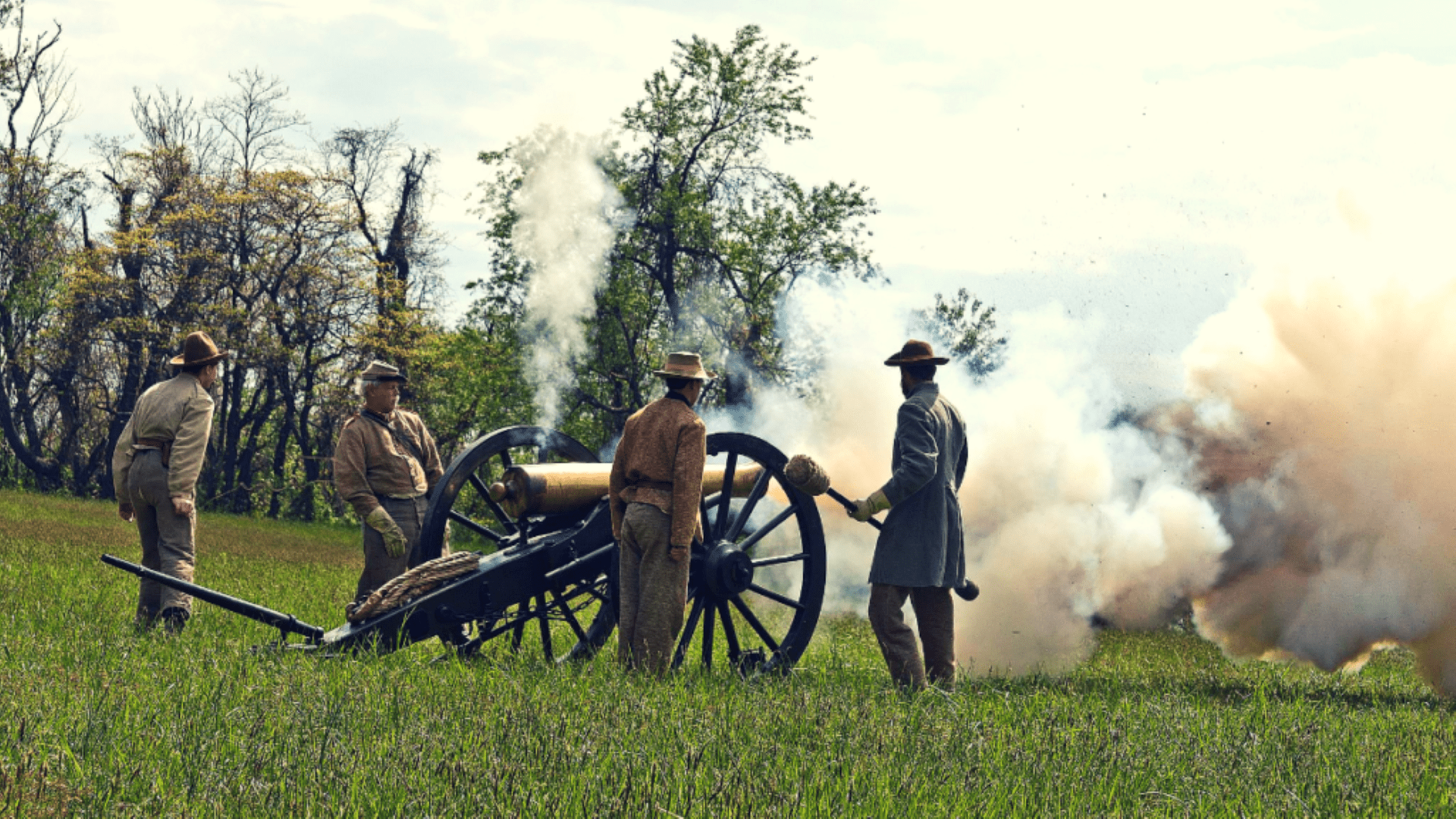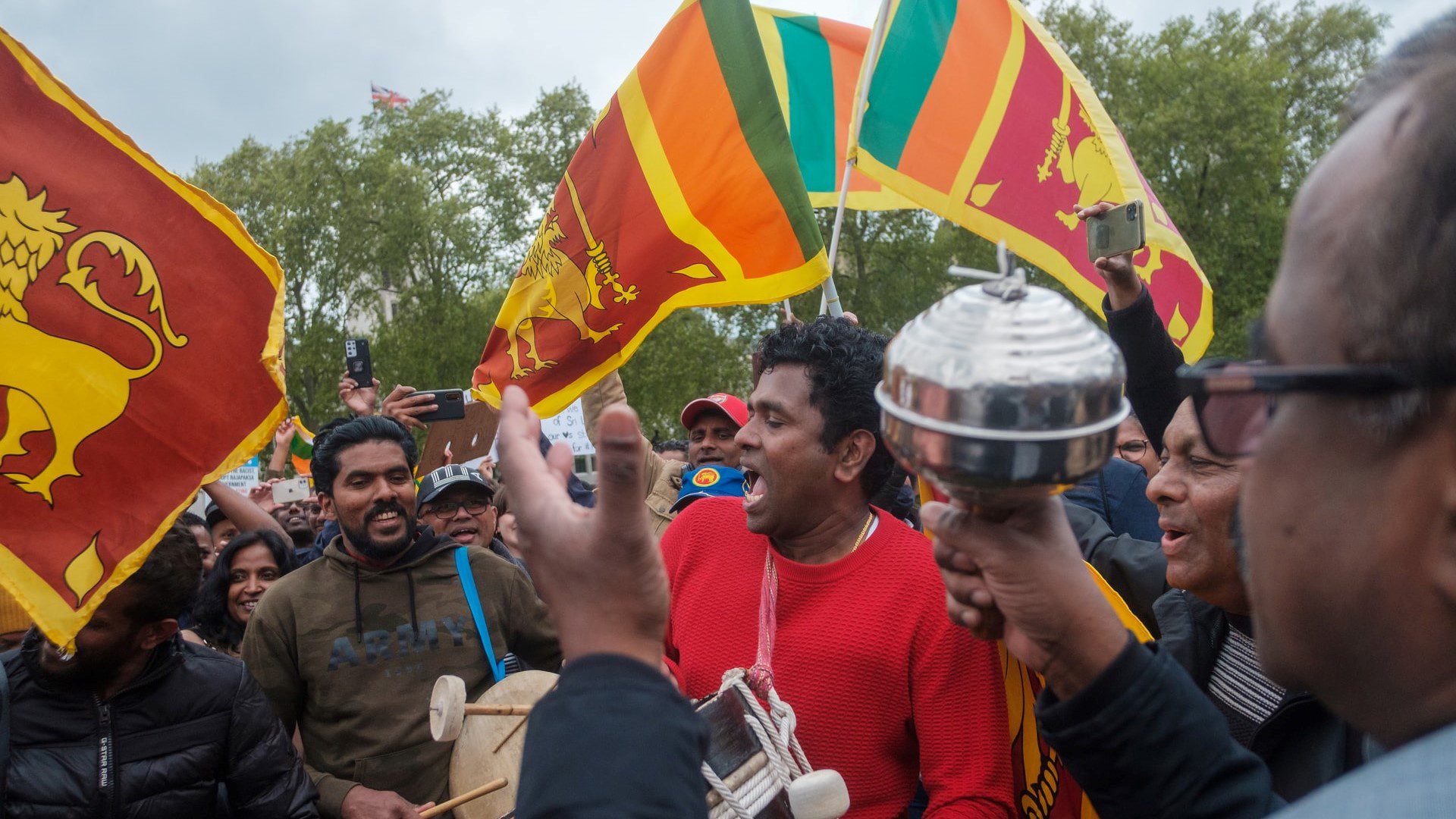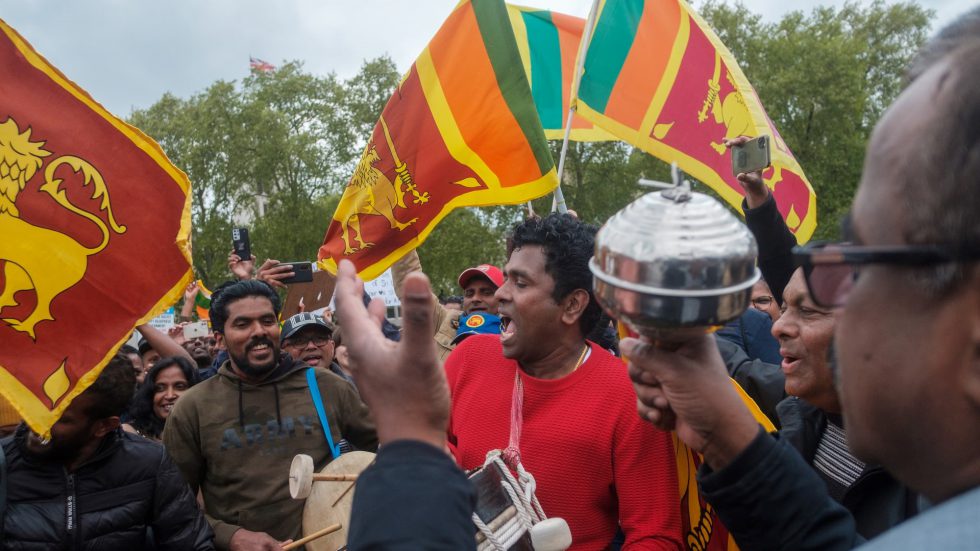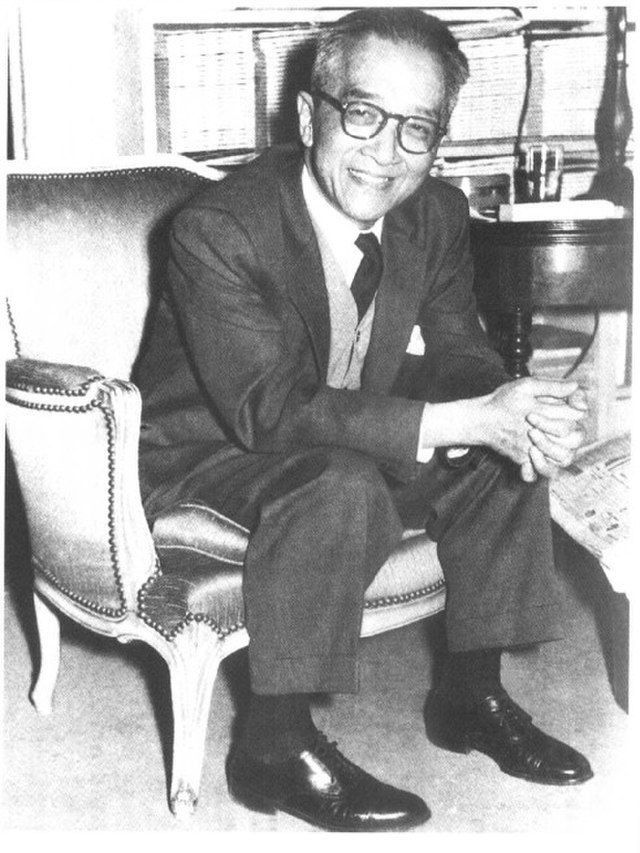Because of its emotional subject matter, lasting political legacies of race and slavery, transformative effects upon American constitutionalism, and sheer magnitude as the most destructive military episode ever to occur on American soil, the Civil War exhibits strong tendencies toward politicization in the modern era.
Unfortunately, bad history often accompanies this politicization, and libertarians are by no means immune from this tendency.
Two common interpretations of the Civil War stand out as particularly problematic:
- libertarian support for the Confederacy; and
- libertarian support for the Union
The problem with pro-confederate libertarianism
The first and perhaps best known “libertarian” approach to the Civil War attempts to find sympathy with the defeated Confederacy because of its resistance to the federal government and northern military authority or its professed cause of free trade and political self-determination.
Some aspects of this position have intuitive appeal that produces sympathy for the Confederate cause: it professes outrage against a Union that is said to have conquered by force, trampled on the rights of states and individuals, unleashed a military invasion, suspended civil liberties, denied government by consent, elevated Lincoln to a “dictator,” and effected a lasting centralization of federal power. In this view, the Union cause and victory is the foundational work for the modern state and all that is anathema to political libertarianism. This interpretation falters in what it neglects: slavery.
This is no small irony, either, as the anti-slavery cause was arguably the preeminent political occupation of libertarianism’s classical liberal antecedents. A continuum of classical liberal thinkers from Adam Smith to John Stuart Mill and J.E. Cairnes forged the main intellectual case against the slave system.
Abolitionism was also always a preeminent political cause of liberalism, extending from 18th-century statesman Charles James Fox to the 19th century’s Richard Cobden in Great Britain and strongly influencing such figures as William Lloyd Garrison, Lysander Spooner, and Frederick Douglass in the United States.
This is no small matter for the libertarian intellectual tradition either, for in sidestepping the slave question’s intimate connection to the Confederacy, pro-Confederate libertarians also inadvertently abandon what is perhaps the single most important and beneficial contribution that classical liberalism has made to the human condition: the abolition of slavery.
This is not to suggest that libertarian defenders of the Confederacy share its historical affinity for chattel slavery or the plantation system. Rather, they are guilty of turning a tin ear to the one unequivocally beneficial outcome of the war in the permanent destruction of American slavery.
To read more about human rights, be sure to check out our cluster page by clicking on the button below.
This article was originally published on the Learn Liberty blog.
This piece solely expresses the opinion of the author and not necessarily the organization as a whole. Students For Liberty is committed to facilitating a broad dialogue for liberty, representing a variety of opinions.









